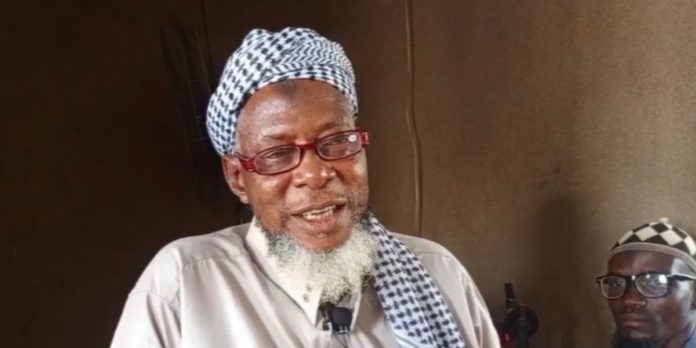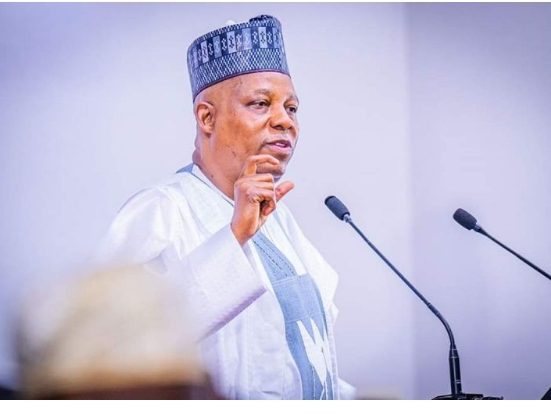In a significant leadership development, the Supreme Council for Shariah in Nigeria has named respected Islamic scholar, Sheikh Isa Akindele of Ibadan, as the new Vice President of the council.
The announcement was made public after the council’s national leadership meeting held in Kaduna, where clerics and Islamic leaders from across the federation convened to deliberate on strategic issues concerning the propagation and preservation of Shariah principles in Nigeria.
Sheikh Akindele, widely regarded for his deep knowledge of Islamic jurisprudence and his years of grassroots community engagement, is expected to bring renewed vigour to the council’s mission, particularly in strengthening unity among the Muslim Ummah and promoting peaceful coexistence within the country’s multi-religious society.
Speaking shortly after his confirmation, Sheikh Akindele expressed humility and gratitude for the trust reposed in him. He pledged to serve with sincerity, wisdom, and fairness, while upholding the values of justice, compassion, and discipline that define Shariah.
“I consider this a sacred responsibility, and I am committed to working with our leaders across regions to promote genuine Islamic teachings, encourage moral discipline among the faithful, and support national peace,” he said.
The President of the Supreme Council for Shariah in Nigeria, Sheikh Abdurrasheed Hadiyatullah, described Sheikh Akindele’s appointment as a strategic step toward inclusiveness and national representation within the council’s top hierarchy.
“Sheikh Akindele is a scholar of repute whose contributions to Islamic education and da’wah, especially in southwestern Nigeria, are commendable. His new role will further bridge regional gaps and amplify the voice of Muslims in policy conversations affecting the Ummah,” Sheikh Hadiyatullah stated.
The council also used the occasion to call on Muslim leaders across the country to work together in addressing contemporary issues such as youth moral decay, misinformation about Shariah, and the need for greater civic engagement in governance.
With this appointment, Sheikh Akindele becomes one of the few southwestern Islamic scholars to attain such a high-ranking national position within Nigeria’s foremost Shariah institution — a development hailed by many in the Muslim community as a move toward broader representation and balance in national Islamic leadership.




